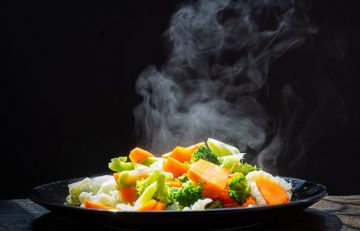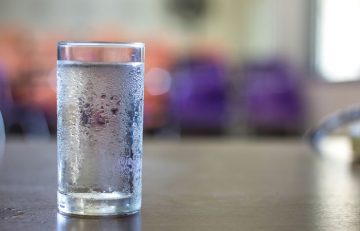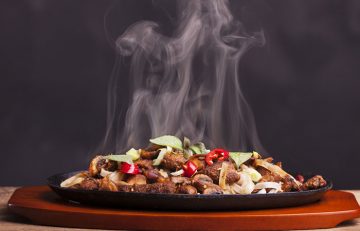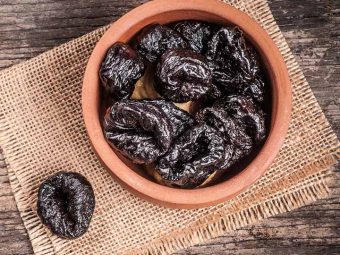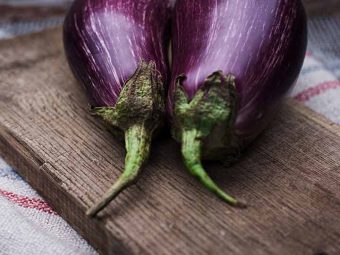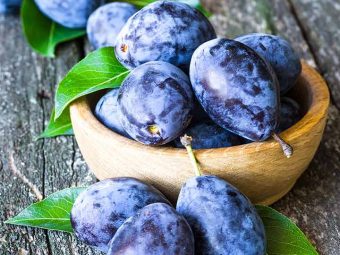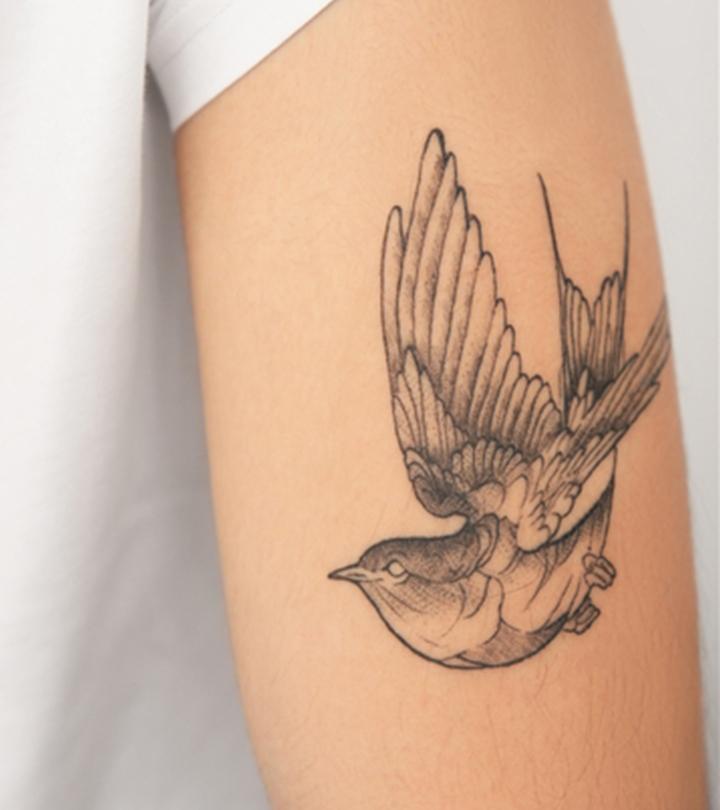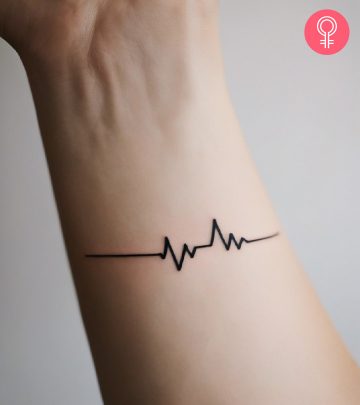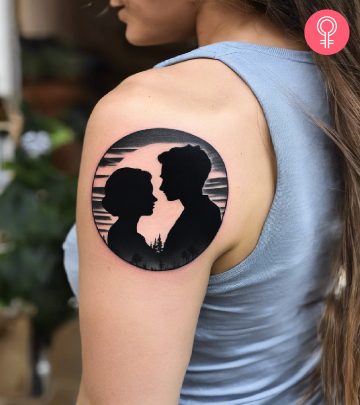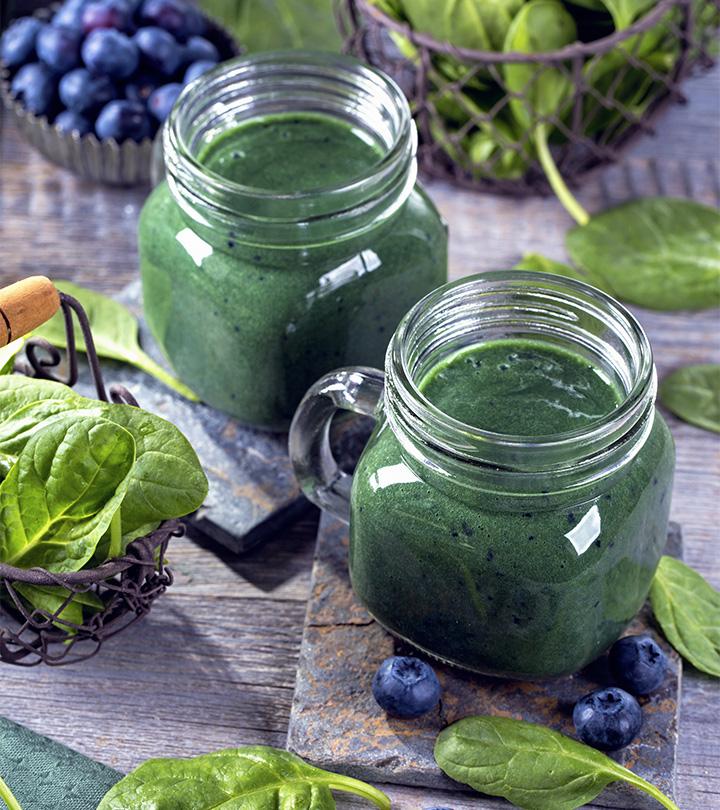7 Things Hot And Cold Foods Can Do To Your Body

Some foods taste better when served hot, and others, you can’t imagine eating without first chilling them in the freezer. But did you realize that eating food at different temperatures has a different kind of effect on your body? Here are some ways eating hot and cold food can alter your eating experience. Read on to learn more about it.
In This Article
1. Calories Are Higher In Cold Food
It’s a popular belief that hot food includes a higher calorie count because it makes you feel full quicker, but recent research disproved this. People who prefer cold to warm foods tend to eat more overall, according to the study. They get at least 31% of their calories from protein, 37% from fat, and 22% from carbs.
2. Body Takes More Time To Digest Cold Food
Our bodies break down food by heating it to a temperature just below their own. If the food we eat is cold, our bodies have to work twice as hard to get it down to a temperature where it can be digested. It only takes around 15 minutes for our stomach to finish processing a bowl of hot soup, for instance, whereas it might take anything from 30 minutes to two hours for dairy, especially ice cream, to reach the desired temperature. However, this doesn’t imply you should quit consuming cold meals.
3. Hot Meals Are Rich In Nutrients
The body can quickly absorb all the nutrients from warm food because of how much easier it is to digest. In addition, the lycopene content of some vegetables, including tomatoes, is boosted when cooking. Additionally, unlike most cold cereals, hot cereal is high in fiber and not doused in sugar. The vitamins in produce are unfortunately lost while cooking. So, avoid overcooking them as much as possible. Cook them any way you wish, but keep mindful that they shouldn’t be mushy.
4. Body Absorbs Cold Water Faster
Cold water has the additional benefit of increasing endurance for people who work out often or regularly. It was also shown that drinking warm water causes people to drink less, which can contribute to dehydration. However, it is recommended that water be consumed at a temperature of 16 degrees Celsius (60 degrees Fahrenheit). If you have esophageal problems, however, you must be very careful about drinking cold water. Drinking warm water might help ease the discomfort in your esophagus.
5. Hot Food Keeps You Full Longer
The reason for this is that people’s appetites don’t often return as quickly after eating hot cuisine. This is because the nutrients in your meal are exposed, making it taste much better. As a result, you’ll eat far less quickly and enjoy your meal much more thoroughly. When you eat more slowly, your brain has more time to register that it is full. And, when you eat slowly, you only take in as much food as you require, and your brain keeps you from being hungry for longer after you’ve finished. Soup is a wonderful example because it’s not only consumed when hot, but it also consists primarily of water. The liquid makes it much simpler to consume, and it satisfies hunger much more quickly than cold, solid meals.
6. Both Hot And Cold Food Raise Your Temperature
There’s no denying that a cup of hot coffee, tea, or soup may put you in a better mood. However, some chilly beverages and meals might help raise your core temperature. Even while eating ice cream during the winter may first leave you feeling cold, it has the opposite effect and eventually warms you up. The high levels of fat and protein in it lead the body to produce heat as it digests the food. The extra work your body has to do to break down the fat results in a higher core body temperature.
7. Intestinal Health Is Improved By Hot Food
Microorganisms that might make you sick are killed or severely damaged at temperatures exceeding 149 degrees Fahrenheit (65 degrees Celsius). The same goes for drinking water you are unsure of. However, cold carbonated beverages, such as soda, might irritate your stomach and make you feel sick. Gas production in the digestive tract, which can lead to bloating, is another side effect of eating cold food.
So now that you know how hot and cold food affects your health, you can use them for improving your digestive health and skin. So, when it comes to eating and drinking, what temperature do you prefer? Let us know in the comments section.




